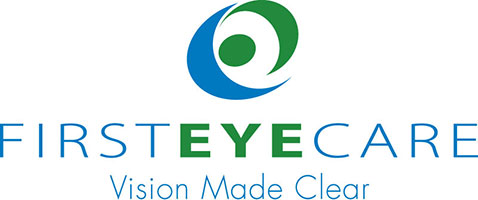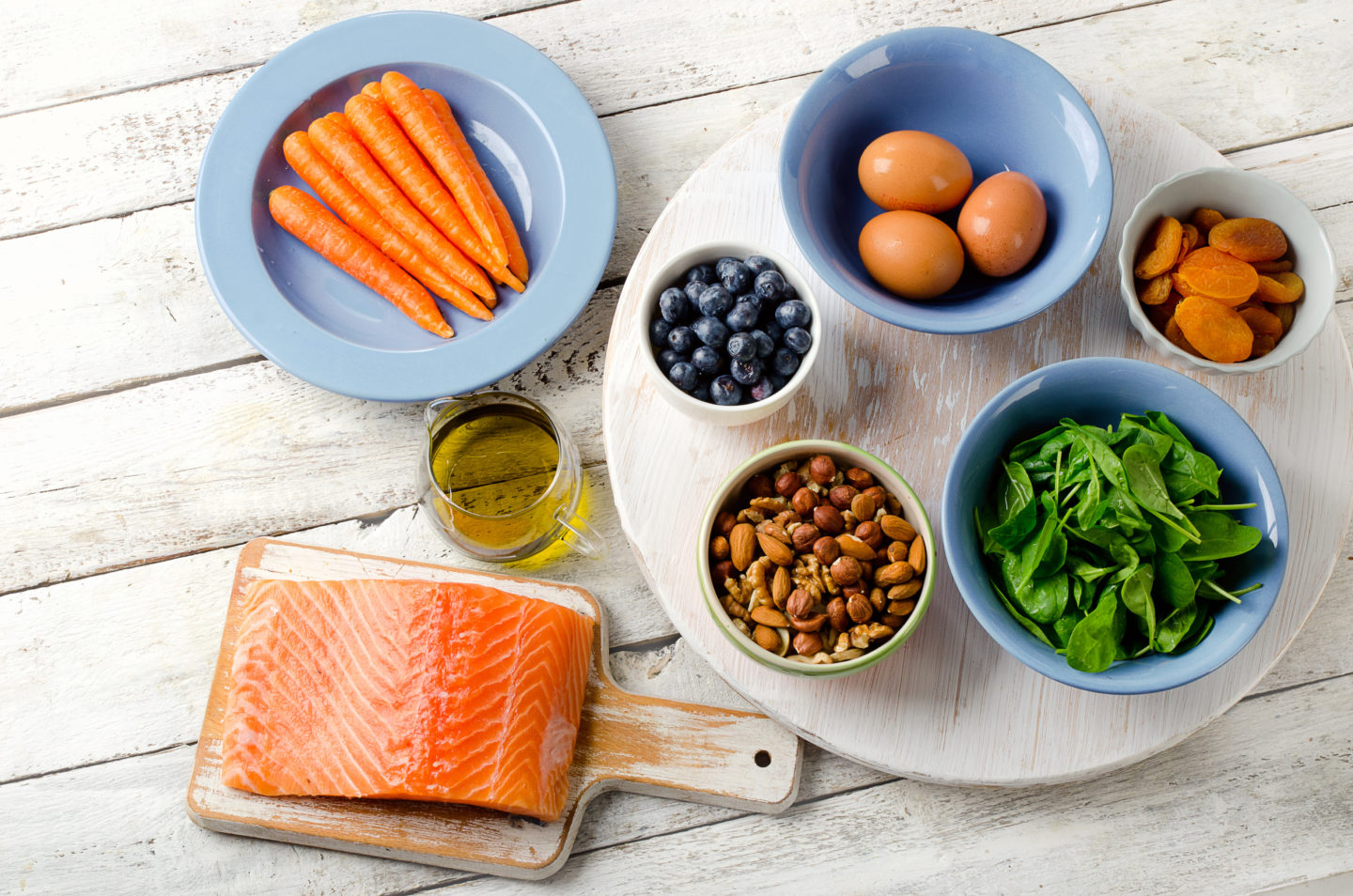A Healthy Diet Can Save Your Vision
Many things play a role in your overall health. One of the most integral parts of ensuring you are healthy is eating a nutritious diet. By eating the appropriate foods, you can prevent potentially harmful diseases and conditions. However, what you eat also has an impact on your eye health. Just like the rest of your body, your eyes require specific nutrients to ensure that they function well and to prevent the development of vision-threatening eye disease. Few people realize just how important a healthy diet is in improving and protecting your vision.
Certain nutrients can boost your eye health and prevent the development of age-related eye disease. Such nutrients include:
- Lutein
- Vitamin A, C, and E
- Beta-carotene
- Omega-3 fatty acids
- Zinc
- And more
Several different foods contain many of these nutrients, so creating a balanced diet is vital to ensure that your eyes, as well as the rest of your body, get the nutrients they deserve. Additionally, if you eat a healthy diet, you can maintain a healthy weight, which lowers your risk of obesity and developing diseases like diabetes.
Your eye health should be a priority, just like your overall health. Fortunately, the two are often intricately linked, especially when it comes to eating a healthy diet. There are countless foods that help keep your eyes healthy. Here at First Eye Care DFW, we encourage everyone to be proactive when it comes to their eye health, which means giving your eyes the nutrients they need.
Dark, Leafy Greens
One of the best foods to eat, not just your eyes, but your entire body is dark, leafy greens. Some of these greens include:
- Spinach
- Kale
- Collard greens
- Broccoli
These greens contain two essential antioxidants for your eye health. They are zeaxanthin and lutein. Your body stores these antioxidants in the macula, the part of the retina in the back of the eye, which is responsible for central vision, seeing clearly, and color vision. They help shield your eye from damaging light, such as blue light. They also improve blood flow to your eyes.
Additionally, these greens are excellent sources of vitamin A and vitamin C. These nutrients help reduce your risk of long-term eye diseases, such as age-related macular degeneration (AMD) and cataracts.
Bell Peppers
Not too many people are aware of the countless benefits bell peppers offer your eyes. To get your recommended daily value of vitamin A and vitamin E, you only need to consume a cup of bell peppers. Additionally, these peppers also offer the most vitamin C per calorie, which boosts the health of blood vessels in your eyes and protects you from cataracts. The heat from the pepper breaks down vitamin C, so experts recommend consuming bell peppers raw. The brighter the bell pepper, the better the benefits!
Fish
Omega-3 fatty acids are vital to your overall eye health. The best source for these acids happens to be fish, specifically oily fish. Some of the fatty fish that contain the highest levels of omega-3 fatty acids are:
- Salmon
- Tuna
- Trout
- Mackerel
- Sardines
- Anchovies
- Herring
In a 2016 meta-analysis of relevant studies focusing on the correlation between fish consumption and macular degeneration, researchers discovered that people who had plenty of fish in their diet had a lower risk of developing vision-threatening eye disease. Experts recommend two to three servings of tuna or salmon a week for the best results. Along with AMD, omega-3 can also reduce your risk of glaucoma. Even low levels of these fatty acids have shown to reverse symptoms of dry eye.
Nuts, Legumes, and Seeds
Nuts and legumes are rich in omega-3 fatty acids. Much like fish, incorporating nuts and legumes into your diet helps protect you from age-related eye conditions such as AMD and cataracts. Additionally, they also contain high levels of vitamin E, which also protects your eyes from age-related eye disease. Legumes contain high levels of bioflavonoids and zinc, which helps protect your retina and lower your risk for cataracts. Some nuts and legumes that are beneficial for your eye health include:
- Walnuts
- Brazil nuts
- Cashews
- Peanuts
- Lentils
- Almonds
- Kidney beans
- Black-eyed peas
Similarly, seeds also contain high levels of omega-3 fatty acids and vitamin E. Some seeds that help your eye health include:
- Chia seeds
- Flax seeds
- Sunflower seeds
- Hemp seeds
Carrots
Arguably, one of the more well-known foods that helps you maintain healthy vision is carrots. Carrots are rich in vitamin A and beta carotene, which gives carrots their orange color. Beta carotene is an antioxidant carotenoid that your body converts into vitamin A. Vitamin A helps the retina absorbs light and aids with low-light eyesight and color vision. Both these nutrients protect the surface of your eye, preventing eye infections and other conditions.
Citrus Fruits
As you may have noticed, many of the above foods contain high levels of vitamin C. Citrus fruits are known for their high levels of vitamin C. The body uses this vitamin C to fight against age-related eye disease. It also produces healthy blood vessels. Here are some of the most valuable citrus fruits to protect your eyesight:
- Oranges
- Lemons
- Grapefruit
Orange juice even helps increase your vitamin C intake.
Eggs
Eggs contain two of the antioxidants most necessary to maintain your eye health, lutein and zeaxanthin. Both nutrients can be found in egg yolk. Eggs also contain high levels of zinc, which the body uses to help with lutein and zeaxanthin. The yellow-orange color of these nutrients helps your eyes block dangerous blue light from harming your retina. Eggs also possess vitamin A, which protects the cornea, and the yolk contains an ample amount of vitamin D. Including eggs in your diet lowers your risk of developing age-related macular degeneration and cataracts.
Lean Meat
Lean meat is an excellent source of zinc, which assists your body in absorbing vitamin A. Your retina contains high levels of zinc that it uses to prevent vision loss and macular degeneration. You have plenty of options to choose from, including:
- Beef
- Turkey
- Pork
- Chicken
- Oysters
Oysters offer more zinc per serving than any other food, but you do not have to be a shellfish lover to meet your daily consumption of zinc.
Sweet Potatoes
Sweet potatoes are similar to carrots. They contain high levels of vitamin A and beta carotene. Additionally, they also contain more than half of the vitamin C you need every day, and they even possess a slight amount of vitamin E. Like carrots, sweet potatoes help improve your night vision and how fast your eyesight adjusts to the dark. They also lower your risk of developing long term eye disease.
A healthy diet not only keeps your entire body healthy and functioning well, but it also helps you protect your eye health. To maintain your vision and prevent the development of vision-threatening conditions, eat foods that provide your body with the nutrients it needs. If you do suffer from an eye condition, contact the eye doctors at First Eye Care DFW to learn how we can help.



